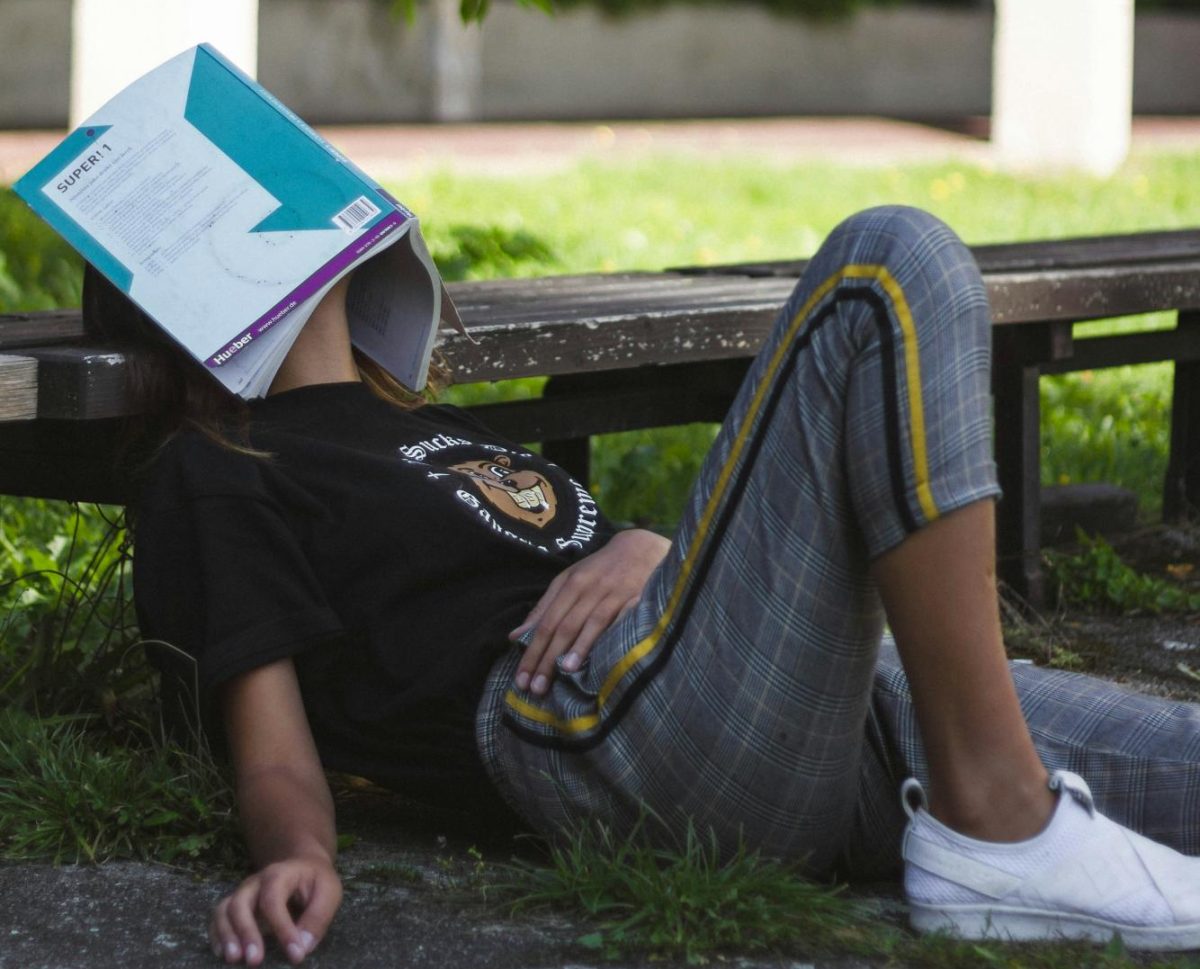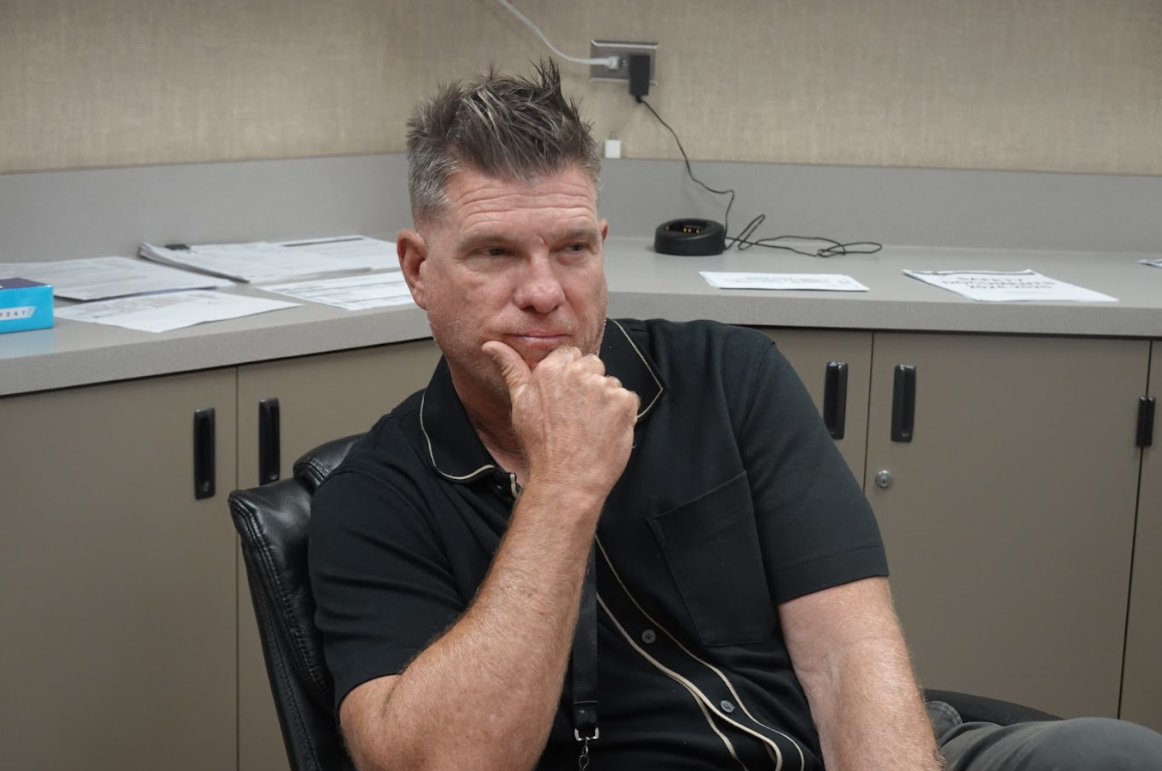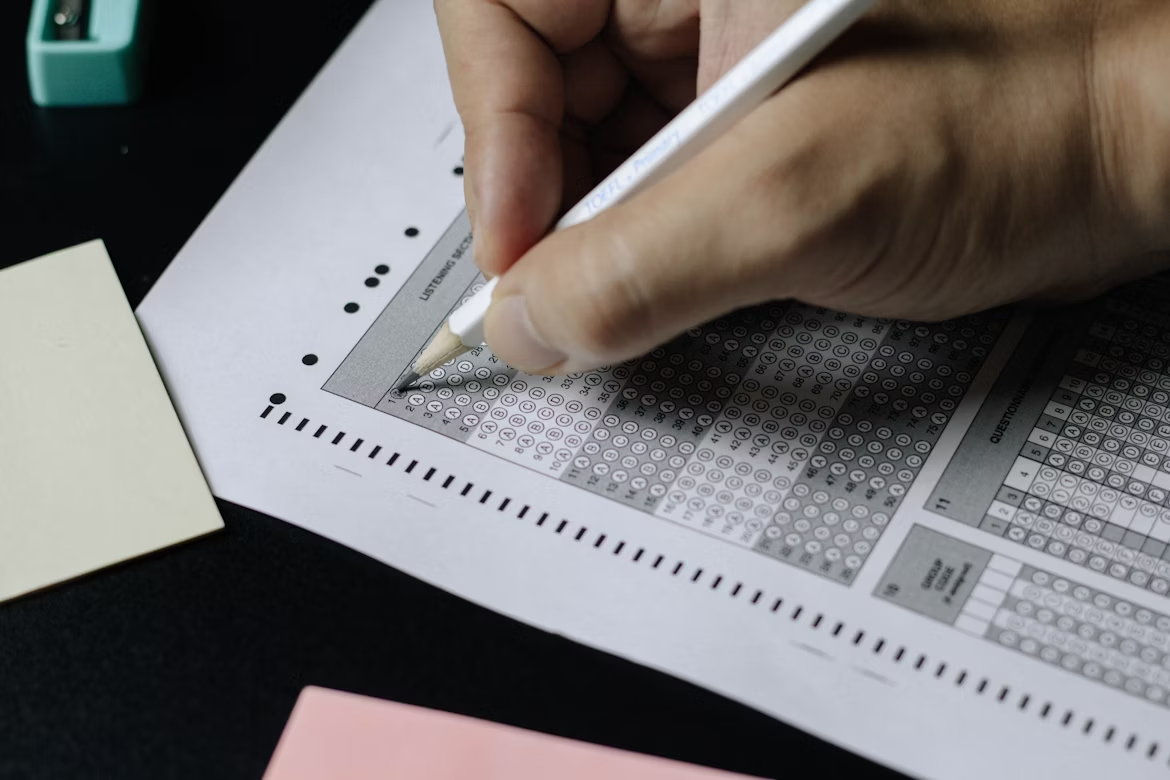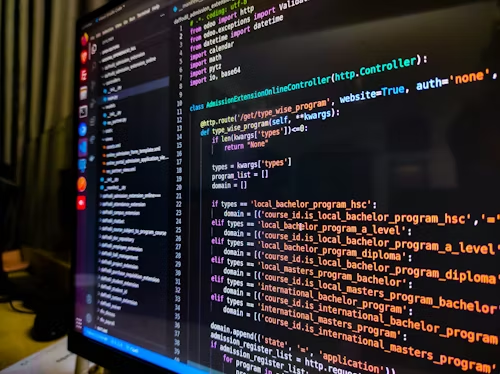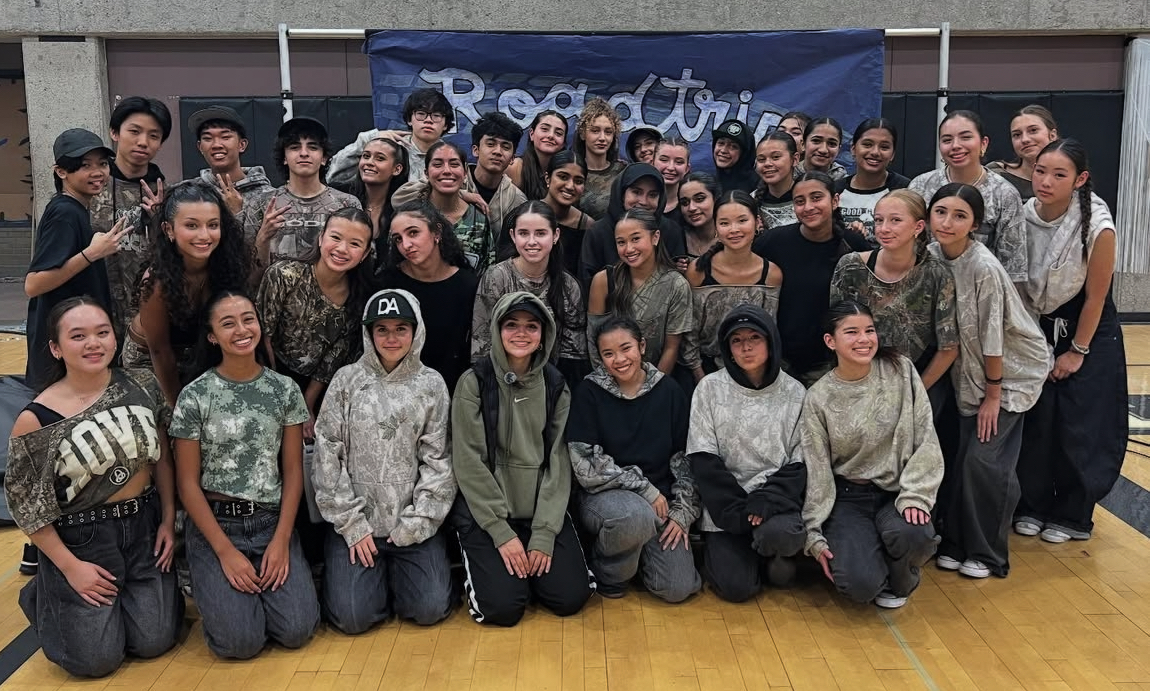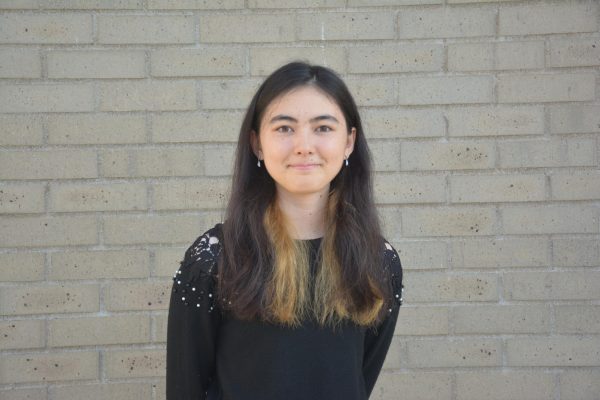It is no secret that high school students are constantly sleep deprived. In fact, according to the Centers for Disease Control and Prevention, in 2021, 77 percent of overall surveyed high school students reported that they were receiving less sleep than the suggested eight hours.
But how many hours of rest are Aliso’s students getting? Out of 20 students that answered the question, 16 responded that they get less than the mandatory hours of sleep. The calculated average sleep from those 20 students is about seven of sleep. The most common reasoning being school and the work that comes with it, while others included poor time management and/or extracurricular activities.
Poor sleep can cause serious side effects especially when such habits are maintained for too long. Some of the common symptoms of chronic sleep deprivation are decreases in the efficacy of certain cognitive functions, a higher likelihood of irrational behavior leading to injury, increased chances of developing a mental illness, higher risk of diabetes and obesity and many more.
Aliso students have also testified on how sleep deprivation has affected them too.
Shiley Moeinzadeh (10), a student at Aliso, has stated that she is often overwhelmed by work from her eight enrolled classes and usually receives around five hours of sleep.
She said, “The main consequence of my poor sleep is it becomes harder to focus and concentrate during class.”
Another Junior said that during a week where she only received four hours of sleep every night, she was having difficulty staying awake in class. She said, “When my teacher was going over homework, I put my head down and I fell asleep, and then I woke up when she was taking notes,” she continued “that was the only time I actually fell asleep in class, but drifting off in class is a very common occurrence for me.”
This can pose an issue, especially for those taking rigorous classes as it can cause students to fall behind. Perhaps causing an endless cycle of catching up to work.
However, despite school being the main scapegoat for student’s regrettable sleeping habits, biology plays into this as well. Puberty causes changes in how the brain functions through changes in certain levels of hormones. These alterations can cause adolescents to naturally sleep later.
A circadian rhythm, also known as one’s “internal clock,” is a rhythm the body follows during a 24 hour cycle regulated by a small part of the brain and is influenced by external factors; patterns of change include mental, behavioral and physical during the day and night.
At puberty, it is seen that adolescents’ circadian rhythms, or “inner clocks” shift. This delayed pattern is driven by several factors, some being a change in sensitivity to light cues and a change in how long it takes for adolescents to build a sleep drive.
Sleep drive is the pressure that builds on someone to fall asleep as they tire, encouraging sleep after a long time of wakefulness. It works hand in hand with our circadian rhythm to ensure we have a balanced amount of time awake and asleep.
When compared, adolescents build it up much more slowly than adults and prepubertal individuals. This means that the body willingly makes it easier for the adolescent to stay up later even though it actually needs to sleep.
This isn’t to say that biology is the only thing keeping high school students up until the early mornings, but it is definitely one to consider. In fact, that is why California passed Senate Bill 328 to require middle schools to start no earlier than 8 a.m., and high schools no earlier than 8:30 a.m. in 2019. Again, this is partly to account for the natural change students experience within their bodies and ensure that students are healthy to perform their best in an academic setting.
Students need to get enough sleep in order to stay happy, healthy, and maintain good academic scores. This means building the good habit of sleeping and waking at reasonable and consistent times, and managing one’s time better to avoid having to work late.
